I have no talent for drugs, so I’ve always relied on books to make me feel as if the fabric of reality is tearing like the seat of an old lawn chair. They’re not even the kind of books I write—I stick firmly to the “hopeful bummer” genre, where characters try for three things and get one—but I love to read them. There’s a realism in a novel that induces a state of horror and paranoia, since our world often does the same. For this reason, I find them comforting. It’s not the comfort of sitting under a blanket with a smooth rock in your hand, but the comfort of feeling that your perceptions are accurate: a pandemic and a collapsing climate are terrifying. As Ezra Furman says, “When pleasure lets you down/you learn to lean into the pain.”
Here are five novels that make me feel as if any structure I read them in—the break room, my studio apartment, a bus shelter, a train—is a haunted house.
A Touch of Jen by Beth Morgan
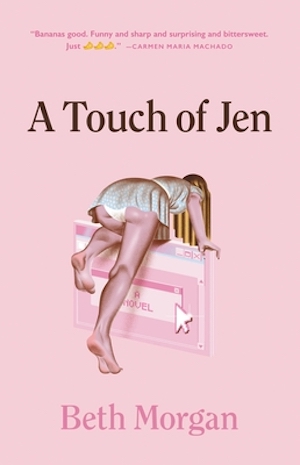
This is a book about the worst happy couple in the world—the couple who, of all the happy couples, are the closest to being unhappy. Remy and Alicia are slowly sinking beneath the weight of ennui and poverty and the thwarted desire to be something, anything, other than they are. They become obsessed with an influencer named Jen, who’s also an ex of Remy’s, and who makes being a mess seem earthy and glamorous. The book’s social observations are sharp as obsidian chips. It is a very good satire. It is also something more than a satire, something that begins to crawl out from under the comedy like an eldritch beast. Why is Alicia suddenly driven to build a hot tub in the couple’s living room, and why does the air seem so dense there? Why does a woman with an occult vibe keep making eye contact with Remy at his support group? It would be dangerous to spoil any more—this is a book it’s best to go into knowing nothing. Suffice to say that the couple’s unnerving mutual contempt disguises a love that’s even more unnerving, and which ultimately takes the book to new heights of horror, melancholy, and a weird kind of triumph.
Tell Me I’m Worthless by Alison Rumfitt
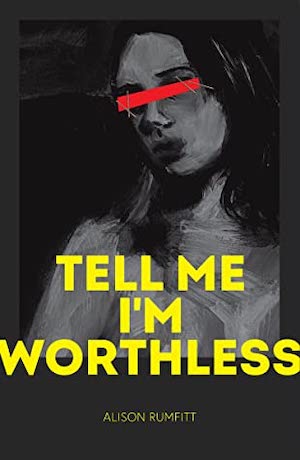
In Rumfitt’s debut—a work of pedal-to-the-metal, the-floor-is-rusted-out, the-tank-is-full-of-blood horror—the real haunted house is England. A few years ago, Alice and Ila and their friend Hannah visited a haunted ruin which specializes in inflicting the traumas of empire. It drags its visitors face-first into a world of insidious xenophobia, misogyny, and despair, and it makes them believe it is the only world possible. Hannah didn’t get out of the house alive. Alice and Ila lived, but the house has implanted memories of them harming each other, and it has sent them rocketing along separate paths of self-destruction. It’s a powerful metaphor for the ways patriarchy turns the people at the bottom of its hierarchy against one another, and then against themselves. To unpack that idea in a nuanced way requires a novel, not a paragraph, but fortunately Rumfitt has written that novel. Tell Me I’m Worthless evokes many emotions—terror, shame, fascination, cautious hope—and others, less nameable. It is gripping, and perhaps the only book for whom “Shirley Jackson meets Mark Fisher” is a reasonable comp.
Rumfitt’s novel comes with a lengthy content warning at the start, one which I strongly advise readers to heed; the internalized transphobia Alice experiences is particularly intense. Her work is worth it, though, if you’re in a good place to forge ahead. There is a bloody-minded optimism here, and a map to the outside of the place where the ghosts live, or at least instructions on how to burn it.
Beyond Black by Hilary Mantel
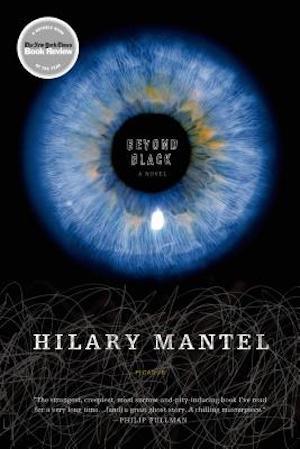
A rare foray into genre for Mantel, this is a bitterly funny novel about the English spirit mediums who still ply their trade at seedy theaters and fairs. Alison, Mantel’s unwillingly psychic heroine, is one of those people who live their lives like chess kings, moving in and out of check. A survivor of much childhood trauma and adult loneliness, she’s learned to care for herself in ways that are only a bit self-destructive, and to find helpers who are only mostly terrible, and to live with the dead. Then the tender equilibrium of her life falls apart.
Mantel is a great poet of dissociation, and she’s unusual for her neutral, thoughtful take on what it means to live outside of your body. In book after book, she explores characters who use dissociation to live, like extremophile bacteria, in dangerous situations. Alison is an exception. Mantel portrays her psychic ability—which shows her everything from historical atrocities that took place in her suburban subdivision, to the ghosts of her abusers, to the pain of death—as an inability to dissociate, a constant awareness of everything. The result is a tense, fascinating book full of Dickensian characters and unexpected set pieces. I don’t love all of Beyond Black’s decisions, but it’s my favorite kind of genre writing: a book that explores the psychological consequences of power, including magical power.
Severance by Ling Ma
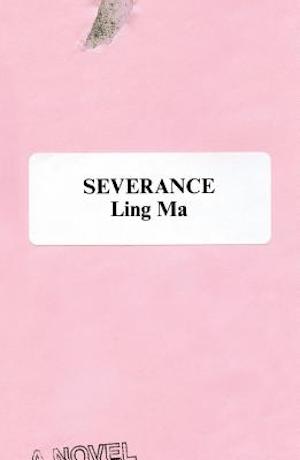
Remember in 2020, when Severance had a moment? Everyone was talking about the pandemic sections, their unexpected resonance and their realism: the masks, the paranoia. But Ma’s novel, a zombie story about an illness that makes the infected mindlessly repeat their daily routines until their bodies decay, transcends “relevance”—as it also transcends attempts to categorize it as a comedy or a drama. (One thing all of these books have in common is that they are all funny tragedies, or melancholy tragicomedies, which draw their power from the feelings we can’t name.)
Years letter, what I remember about Severance is its wistfulness, as Ma’s heroine Candace tries to find meaning in her experiences: going to work at a company with no other living employees, falling in with a cultish group of fantasists in a mall, grieving her mother by wearing her old Contempo Casuals slip dresses. It doesn’t need to be relevant to our experience, although with its supple central metaphor, it often is. Its relevance is to Candace, as a person holding on to hope, and whom we come to love.
The Memory Police by Yoko Ogawa, translated by Stephen Snyder
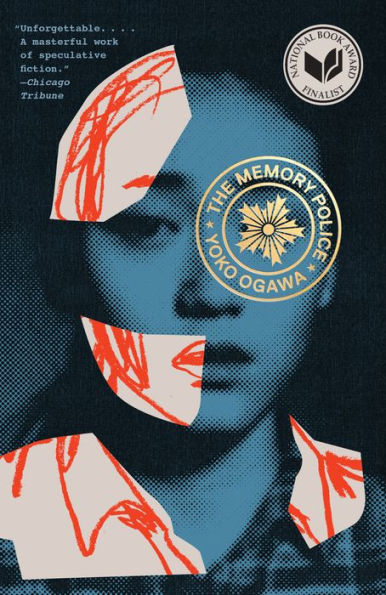
There’s a curious warmth to Ogawa’s novel about an island town in which everyday ideas—birds, harmonicas, gemstones—keep vanishing from people’s consciousness. The townspeople don’t entirely forget the things, only what they mean; they’re vaguely aware that the rusting object in the harbor is called a ferry, for example, and that it used to take people off the island sometimes, but they don’t know how it worked, or why the people left. Remembering the forgotten ideas is a crime, not that most people are capable of committing it.
Ogawa’s unnamed narrator becomes aware that there are some people who remember everything, and conspires with a few friends to keep one such person safe. She does this even as the forgotten things cut closer and closer to the core of her identity. This is not a heroic story, though; it’s a story about the quiet friendship that develops among the conspirators, and their faith that saving the person is the right thing to do, even though they don’t understand his talk of being an “editor” of “novels.” Most of the books on my list are about people who feel alone, separated from humanity by their different understanding of reality. The Memory Police is about someone who’s still trying to connect.
Buy the Book
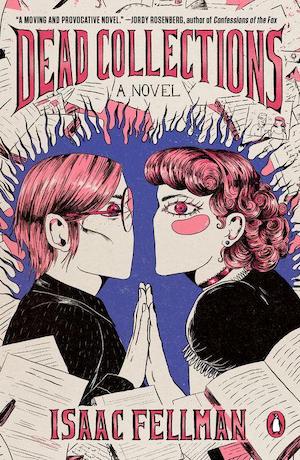

Dead Collections
Isaac Fellman is the author of The Breath of the Sun (published under his pre-transition first name), which won the 2019 Lambda Literary Award for LGBT Science Fiction, Fantasy, and Horror. He is an archivist at a queer historical society in San Francisco.










